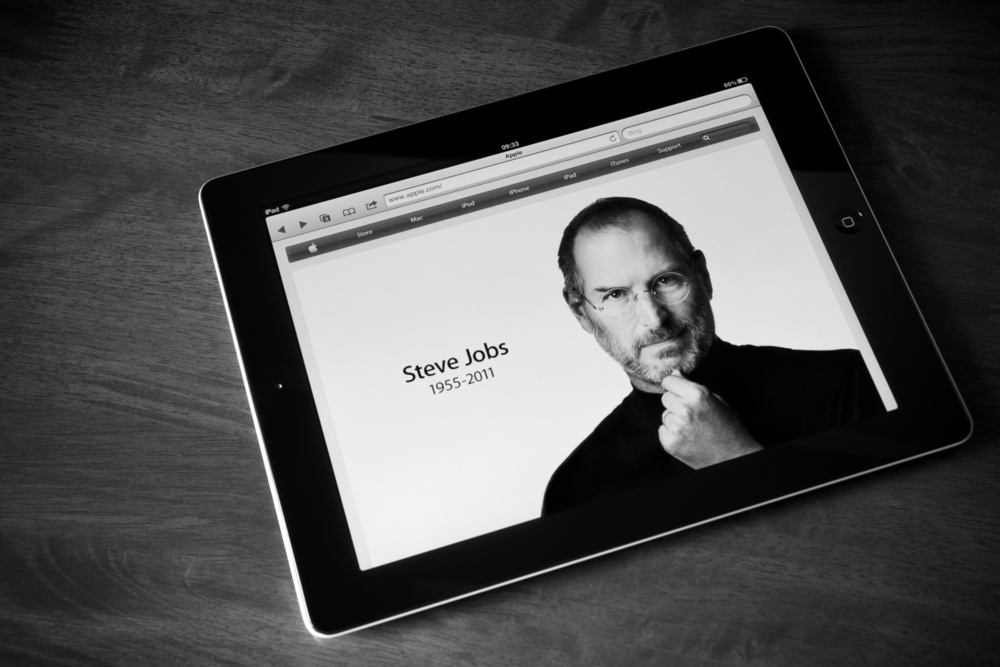Does Your Brand Owe You Money?
 Contributed by
Callum Laing
April 26, 2016
Contributed by
Callum Laing
April 26, 2016

“Income follows assets.”
Most struggling businesses have one major asset, usually their product, which they are relentlessly trying to sweat. Most successful businesses have a whole ecosystem of assets, which are serving them.
Generally, we are comfortable with the idea of a house/property being an asset, and if you collect rent each month then it is clear that income arrives from that asset. If you own shares in a company that pays dividends, then that is another asset that generates income.
But what about the asset you were born with? How much income is it generating for you? If you’re an employee, it is quite straight-forward: your salary is exactly how much your one customer (your employer) values you, the asset.
But what about if you’re a business owner? If you’re a small business, then it is quite possible that you are the most valuable asset within your company. But are you capitalising on it? A strong personal brand can obviously get your paid consultancies, speaking opportunities, directorships, etc. But it also gives you something even more valuable; it gives you time.
Every opportunity, and every meeting that comes to you has already been filtered, based on your personal brand. With a strong personal brand, you don’t need to sell yourself, or prove that you can deliver. You don’t need to take time to build trust with your buyer or partner. Your brand has already done the trust-building long before you ever meet.

Nobody ever asks Jamie Oliver to prove he can cook.
For the past two years, I have been involved with the Key Person of Influence program, and have seen time and time again how this effect compounds over time. A strong brand attracts great opportunities and great teams, which in turn is able to deliver great results, which attracts further great opportunities.
Unfortunately, I have also seen people who are great at what they do, but don't understand the principles of influence. They believe it is about shameless self-promotion or manipulation. The best personal brands use influence to help others get what they want. Jamie Oliver has built his brand helping you become a better cook. Kayla Itsines, recently voted the most influential fitness personality, has built her brand around helping you to get fit and healthy. Daniel Priestley is using his influence to help business owners solve meaningful problems and create real impact within their industries and their communities.
At Key Person of Influence, we are not interested in building your brand for the sake of building your brand. We are not interested in building your influence for your benefit. We are interested in who you are going to influence and what they are going to get from the equation.
How will you sharing your wisdom allow your customers to get closer to what they want? Get clear on that, and the asset you were born with will pay dividends!
Visit Callum's page to find out more about his work.
This post was first published on Callum Laing's LinkedIn and has been reposted on Executive Lifestyle with the permission of the author.
Edited by Nedda Chaplin
Image credit: KIEV, UKRAINE - OCTOBER 06, 2011: Photo of a Apple iPad device from Shutterstock
Did you enjoy this post? Please comment, like and share!











Sorry, the comment form is closed at this time.